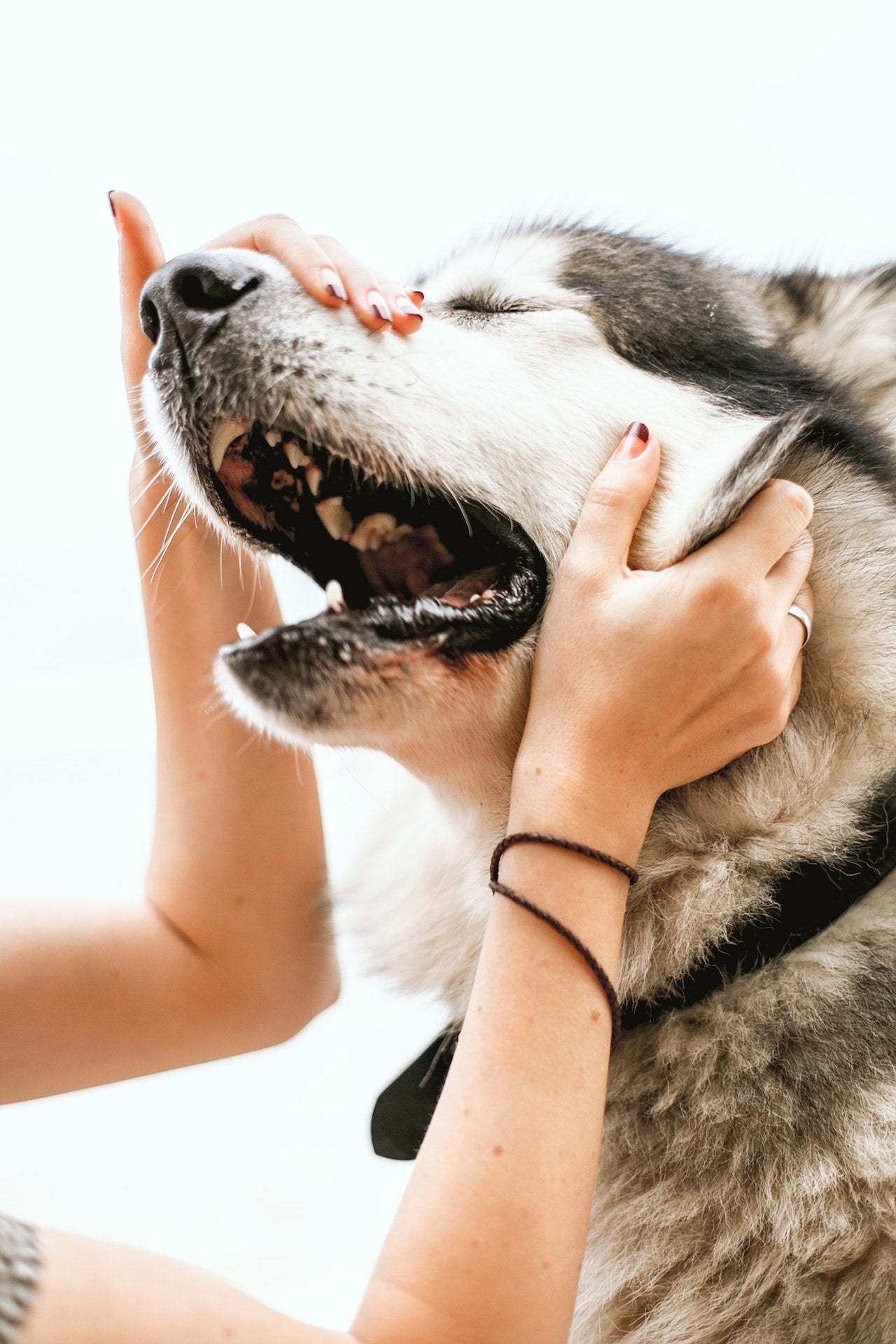Can dogs be allergic to cats
Dogs and cats are among the most popular pets in the world, and many people enjoy keeping both animals as part of their family. However, some pet owners may wonder whether dogs can be allergic to cats, and whether it is safe for dogs and cats to live together. In this essay, we will explore the possibility of dogs being allergic to cats, the relationship between dogs and cats, and whether dogs and cats can live together peacefully.
Can dogs be allergic to cats?
Yes, just like humans, dogs can be allergic to cats. A cat allergy is caused by exposure to proteins found in cat skin cells, saliva, and urine. When a dog with a cat allergy comes into contact with these proteins, they may experience symptoms such as itching, sneezing, coughing, and wheezing. In severe cases, a dog may develop hives, facial swelling, and difficulty breathing.
Dogs, just like humans, can develop allergies to various substances, including cats. The proteins found in cat skin cells, saliva, and urine are the most common allergens that can cause a dog to develop a cat allergy. Here are some reasons why dogs can be allergic to cats:
- Protein Sensitivity: When a dog comes into contact with proteins found in cat saliva, skin, or urine, their immune system may mistakenly identify them as harmful invaders and produce an allergic response. This immune system reaction results in the release of histamine, which causes symptoms such as itching, sneezing, and coughing.
- Exposure: The more a dog is exposed to cats, the higher the likelihood of developing an allergy. Dogs that live in households with cats are more likely to develop a cat allergy than those that have no exposure to cats.
- Genetic Factors: Genetics can play a role in a dog's susceptibility to developing allergies. Certain breeds of dogs are more prone to developing allergies, and dogs with a family history of allergies may be more likely to develop a cat allergy.
- Age: Dogs can develop allergies at any age, but they are more likely to develop allergies as they get older. This may be because the immune system becomes less effective at recognizing and fighting off foreign invaders as it ages.
- Environmental Factors: Environmental factors, such as pollutants, can weaken a dog's immune system and make them more susceptible to allergies. Exposure to other allergens such as dust, pollen, or mold can also increase the likelihood of a dog developing a cat allergy.
Overall, a dog can be allergic to cats due to various factors, including sensitivity to proteins found in cat skin cells, saliva, and urine, genetic predisposition, age, exposure, and environmental factors. It is important to recognize the symptoms of a cat allergy in dogs and to take steps to manage or avoid exposure to the allergen, such as keeping cats away from the dog, using air purifiers, and administering medications or allergy shots as recommended by a veterinarian.
Can dogs and cats be friends?
Yes, dogs and cats can be friends. Many dogs and cats form strong bonds with each other and enjoy each other's company. However, it is important to introduce them to each other slowly and carefully to ensure a positive outcome. The process of introducing dogs and cats should be done gradually, with both animals supervised at all times. It is important to provide them with their own separate space, food and water dishes, and toys to avoid competition and potential conflicts.
Can dogs and cats live together?
Dogs and cats are two of the most popular pets in the world, and many people wonder whether they can live together. The answer is yes, dogs and cats can live together, but there are some factors to consider. Here are some reasons why dogs and cats can live together:
- Early Socialization: The key to success when introducing a dog to a cat is early socialization. If a dog is socialized with cats from a young age, they are more likely to accept them as part of the family. Puppies that are exposed to cats before the age of 14 weeks are more likely to form positive associations with them.
- Training: It is important to train dogs to be calm and gentle around cats. Dogs that are taught to respect cats' boundaries and to be gentle with them are more likely to coexist peacefully.
- Personality: The personalities of individual dogs and cats can also play a role in their ability to live together. Some dogs have a strong prey drive and may be more likely to chase or attack cats, while others may be more laid back and tolerant. Similarly, some cats may be more outgoing and accepting of dogs, while others may be more fearful or aggressive.
- Health: Both dogs and cats can carry diseases that can be transmitted to each other, such as fleas, ticks, and some viruses. It is important to ensure that both pets are up-to-date on their vaccinations and preventative medications to minimize the risk of disease transmission.
- Environment: Providing a safe and comfortable environment for both pets is crucial to their ability to live together. This includes providing separate food and water dishes, litter boxes, and sleeping areas. Additionally, it is important to supervise interactions between the pets until they are fully comfortable around each other.
Overall, dogs and cats can live together, but it requires careful consideration and planning. Early socialization, training, personality, health, and environment all play a role in the success of a dog-cat relationship. With patience and persistence, it is possible for dogs and cats to live together in harmony and form a strong bond.
Conclusion:
In conclusion, dogs can be allergic to cats, but this does not mean that they cannot be friends or live together peacefully. With proper introduction, supervision, and care, dogs and cats can coexist harmoniously. It is important to respect the individual personalities and needs of both animals, and to provide them with their own space and resources to avoid competition and conflicts. With patience and time, dogs and cats can form strong and rewarding relationships, adding joy and companionship to our lives.


